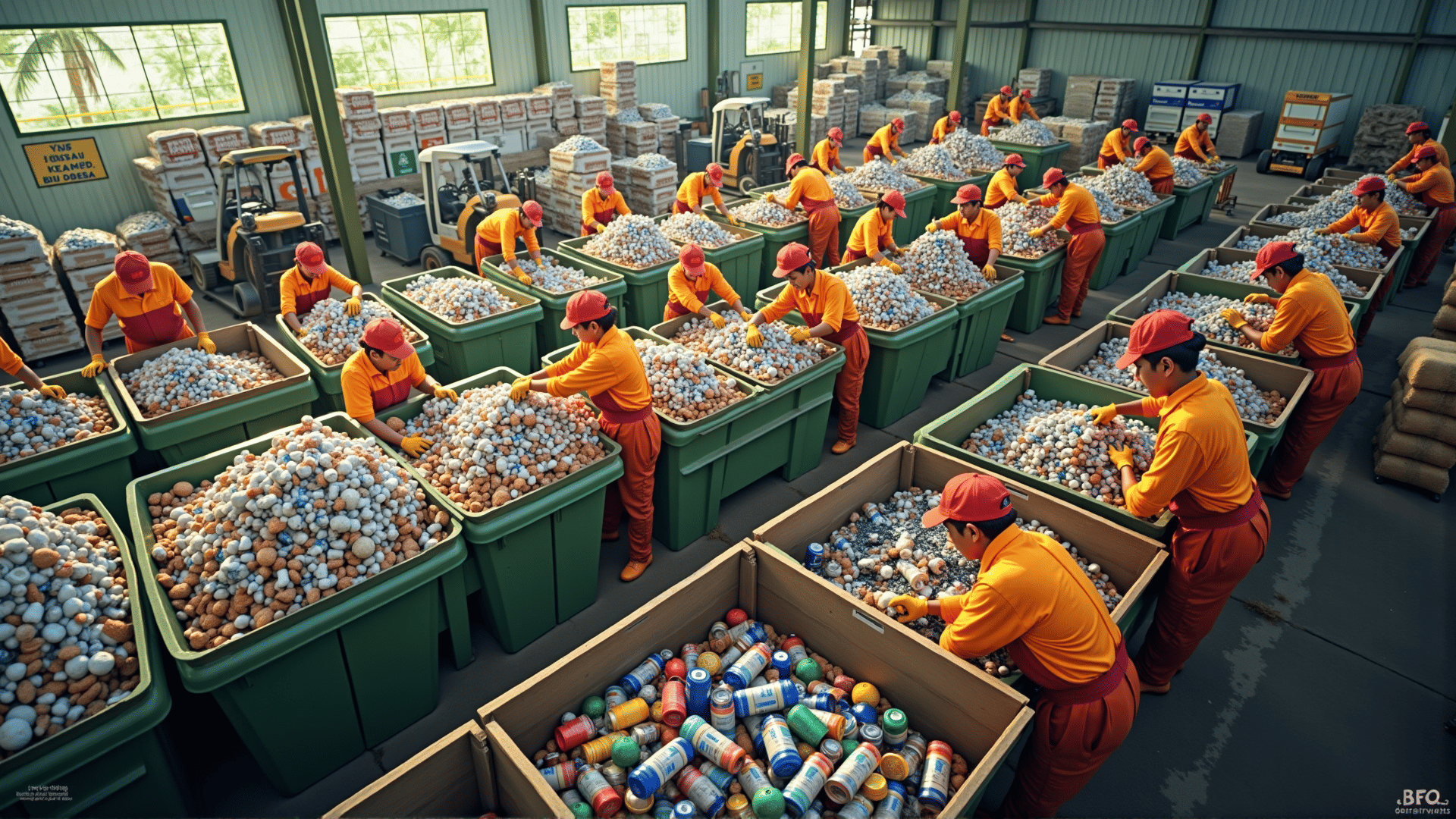In recent years, the Philippines has embarked on a transformative journey in waste management, seeking novel and effective strategies to address a longstanding issue: overflowing landfills. This initiative not only aims to reduce the environmental burden but also to foster a culture of sustainability and resourcefulness among its citizens.
Central to this transformation is the adoption of innovative recycling methods that repurpose waste into valuable resources. Community-based projects have sprung up across the country, promoting the segregation of waste at the source. By encouraging households to separate organic from inorganic matter, these initiatives simplify the recycling process and ensure more materials are repurposed instead of ending up in dumps.
A notable project making significant strides involves the conversion of plastic waste into construction materials. By collecting and processing discarded plastic, local innovators have developed methods to create durable bricks and paving materials. These eco-friendly alternatives are not only cost-effective but also resilient, offering a sustainable option for building infrastructure.
Moreover, schools and institutions are playing a critical role in this recycling revolution. Educational programs focused on environmental stewardship are being integrated into curricula, teaching young people the importance of waste reduction and recycling. This early exposure cultivates environmentally conscious individuals who contribute to the broader goal of sustainable living.
In addition to these educational efforts, technology is also lending a hand. Mobile apps that connect recyclers with waste sources have emerged, making it easier for businesses and citizens to participate in recycling initiatives. These platforms offer information on the nearest recycling centers and provide incentives, encouraging wider participation in the recycling movement.
Furthermore, the rise of upcycling—transforming waste materials into new, higher-value products—has captured the creative spirit of many Filipinos. Artisans and designers are repurposing discarded items into fashion, furniture, and art, proving that waste can be a catalyst for creativity and innovation.
Communities are seeing tangible benefits not only in the reduction of waste sent to landfills but also in improvements to local environments and public health. Cleaner neighborhoods with less waste-related pollution contribute to a higher quality of life for their residents.
The results of these initiatives highlight the potential for change when innovation, community action, and education converge. The Philippines' efforts in transforming waste management are paving the way for a future where waste is not seen merely as a discarded burden but as a valuable resource that can drive sustainable development. This approach serves as an inspiring model, demonstrating that with determination and creativity, it is indeed possible to turn waste into opportunities for a better world.
